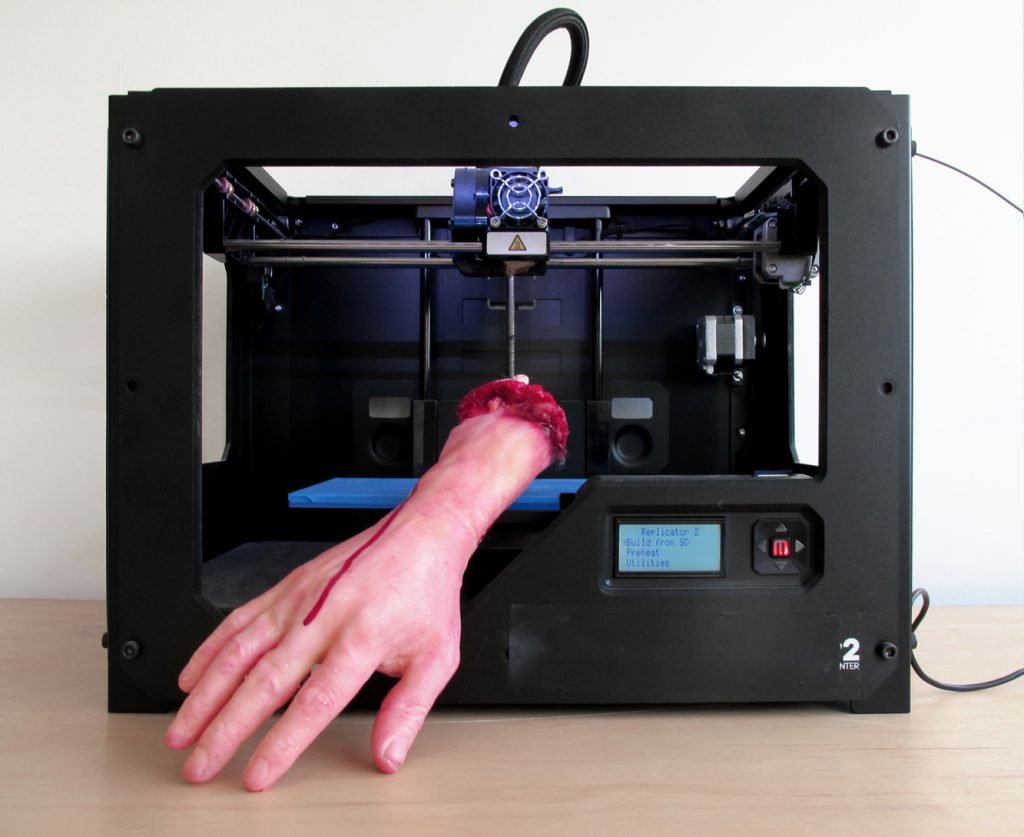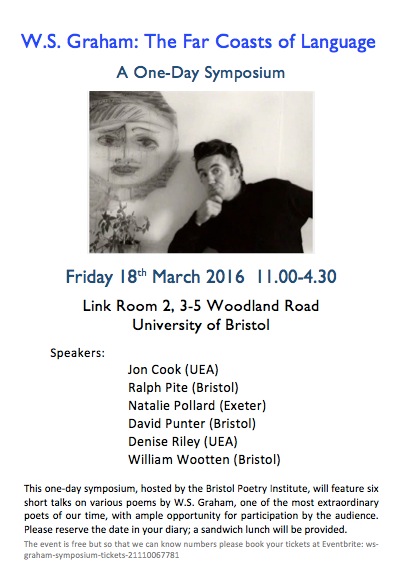Screening and Symposium about the film 120 BPM
10 May 2019 – 6.00 – 9.00pm
The screening takes place at Queen Mary, University of London on Friday the 10th of May. It will be followed by a roundtable with a fantastic lineup of speakers and a wine reception. See speaker details below.
– Ben Walters (a writer who blogs about moving-image, queer and DIY cultures @not_television & recently completed a PhD on nightlife collective Duckie at Queen Mary)
-Ray Malone (co-founder of the NHS Anti-Swindle Team, the founder of The Fallout Club and ACT UP activist)
-Lo Marshall (who works with the UCL Urban Laboratory on a project researching LGBTQI nightlife spaces in London from 1986 until the present).
The symposium will take place at King’s College, London on Saturday the 11th of May and will focus on diverse and interdisciplinary responses to 120 BPM, including panels on ‘Queer Histories / Activisms’, ‘Colour’, ‘Dance, Sound, Rhythm, Community Building’, ‘Digital Technologies and Virtual Reality’ and ‘Death, Dust, & Plastics’ and a keynote by Dr Fiona Johnstone, whose publication AIDS & Representation: Portraits and Self-Portraits During the AIDS Crisis in America is forthcoming in 2019.
FILM SCREENING:
Friday, May 10th
6.00 – 9.00pm at the Hitchcock Cinema, ArtsOne, Queen Mary, University of London.
FREE, BOOK HERE: https://www.eventbrite.co.uk/e/120-bpm-film-screening-and-panel-tickets-59883719818?aff=erelconmlt
SYMPOSIUM:
Saturday, May 11th
10.30-5 at the Anatomy Lecture Theatre, Kings College London
FREE, BOOK HERE: https://www.eventbrite.co.uk/e/120-bpm-symposium-tickets-59883604473
We are extremely grateful for the support of our sponsors the British Association of Film, Television and Screen Studies (BAFTSS), The Society for French Studies (SFS) and The Association for the Study of Modern and Contemporary France (ASMCF).
To find out more about the conference please go to 120BPMsymposium.wordpress.com or our twitter feed @120BPMSymposium.
. . Category: Archived Events . Tags: 120 BPM, Ben Walters, Lo Marshall, Queen Mary, Ray Malone, screening, Symposium, University of London


